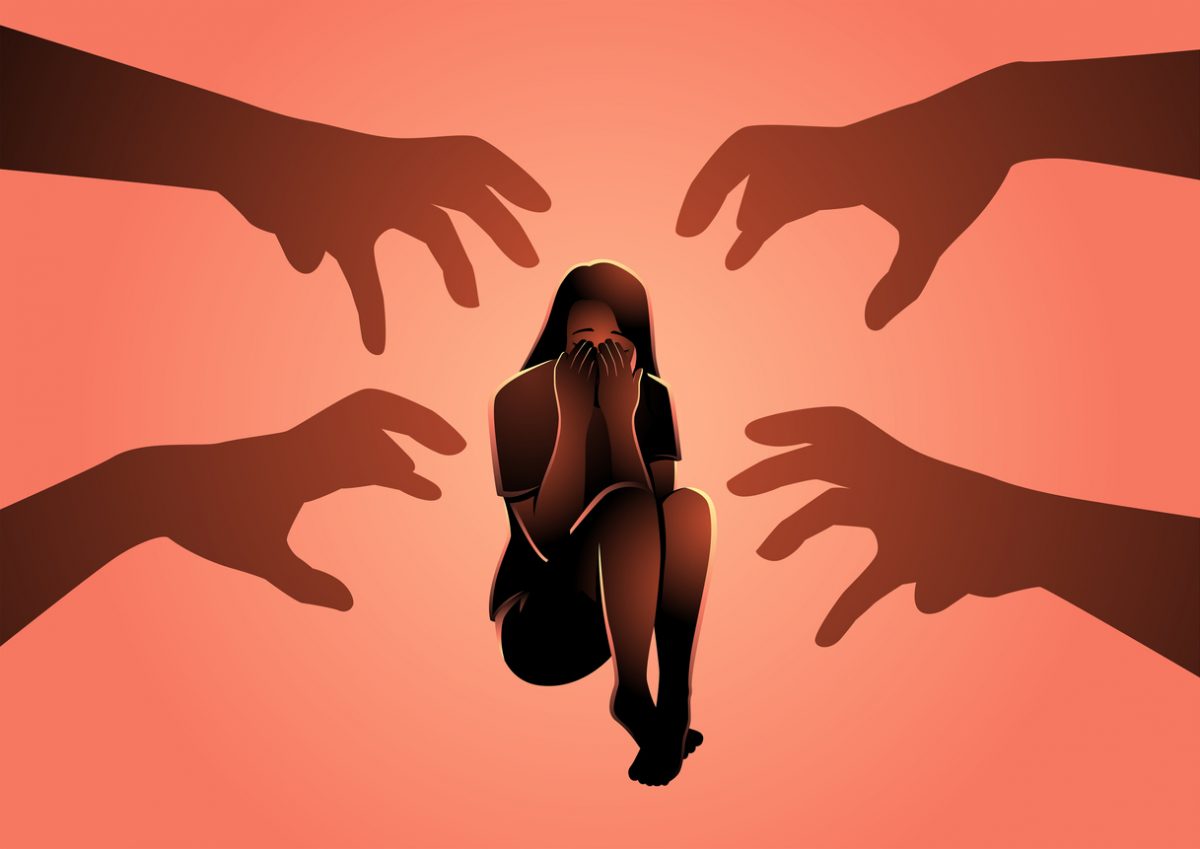Objective: Craving for benzodiazepines has never been examined as a factor of relapse after successful benzodiazepine discontinuation. In this study, we examined the predictive value of craving on benzodiazepine relapse.
Method: A stepped-care intervention trial aimed to discontinue long-term benzodiazepine use in general practice. The first step was the sending of a letter to users advising them to gradually quit their use by themselves (i.e., minimal intervention). The second step, a supervised tapering-off program, was offered to those unable to discontinue by themselves. Craving was assessed by means of the Benzodiazepine Craving Questionnaire (BCQ). Multiple Cox proportional hazards regression analyses were performed to examine the effect of craving on subsequent relapse during a 15-month follow-up period in patients who had successfully quit their benzodiazepine use by themselves after the minimal intervention (N = 79) and in those patients who had successfully quit after the supervised tapering-off program (N = 45). Data were collected from August 1998 to December 2001.
Results: Thirty-five (44%) and 24 (53%) patients had relapsed after the minimal intervention and tapering-off program, respectively. Patients able to quit by themselves experienced very little craving. In this sample, craving was not related to relapse (p = .82). In patients who needed an additional supervised tapering-off program, higher craving scores were significantly related to relapse (hazard ratio = 1.26, 95% CI = 1.02 to 1.54, p = .029), when corrected for benzodiazepine characteristics, psychopathology, and personality characteristics.
Conclusion: Craving is an independent factor of subsequent relapse after successful benzodiazepine discontinuation in long-term benzodiazepine users who are not able to quit their usage of their own accord.
Please sign in or purchase this PDF for $40.00.
Save
Cite


